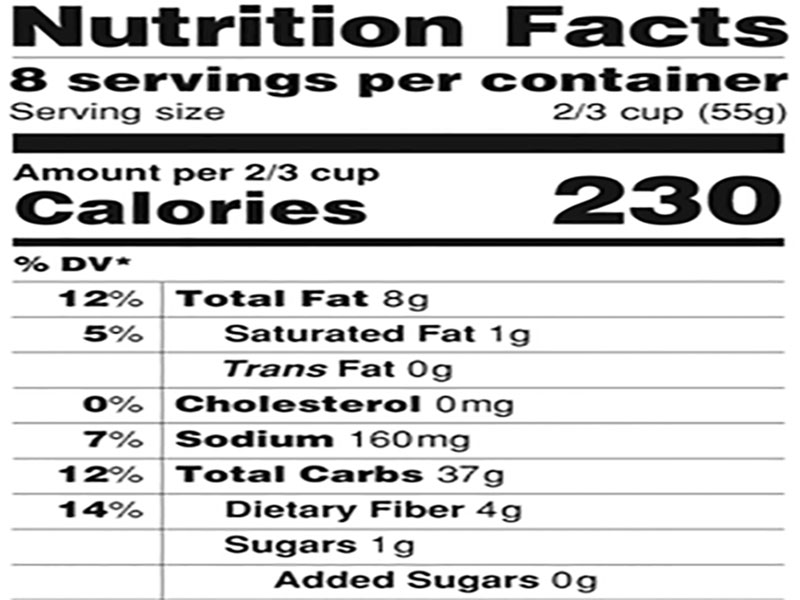
One in six Americans gets food poisoning each year, the U.S. Food and Drug Administration says. That adds up to 48 million cases annually. The germs behind food poisoning and the symptoms they cause vary. But symptoms frequently include: Abdominal cramps. Diarrhea, which may be watery or bloody. Nausea and vomiting. Loss of appetite. Possible… read on >





























